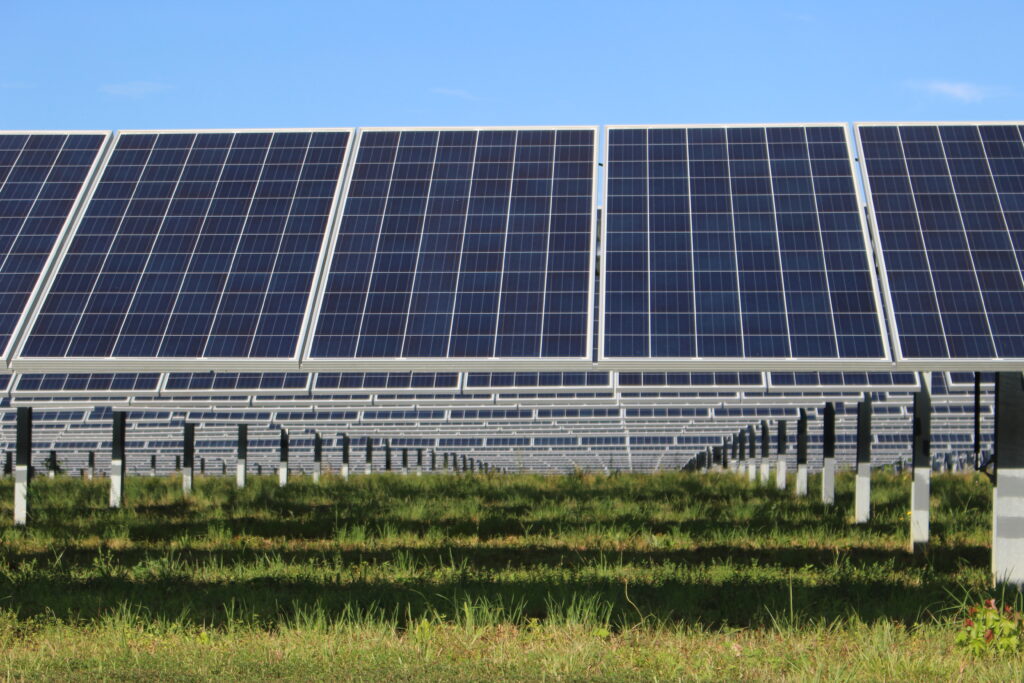The fight between Virginia solar developers and Dominion Energy over who should pay for upgrades to the electric grid needed for small solar projects will continue after legislative proposals to shift or split the costs failed.
This story was reported and written by our media partner The Virginia Mercury
Currently, solar developers in Virginia are responsible for paying the costs of connecting their projects to the larger grid operated by Dominion, including any upgrades the utility says are necessary. Developers of small projects — those up to 3 megawatts in size — have complained rules imposed by the utility for upgrades are driving up expenses to the point of making projects financially unviable.
“The reason all these projects have been held back is because of the huge interconnection costs,” said Tony Smith, co-founder of the Distributed Solar Alliance, a coalition of solar developers. “A lot of them are in limbo.”
The initial version of Senate Bill 346 from Sen. Suhas Subramanyam, D-Loudoun, would have shifted all upgrade costs to utility customers. After negotiations between Dominion and the industry, the final version proposed a framework for dividing the costs that would have developers pay anywhere from 15% of the expense for the smallest projects to almost 200% for the largest.
Alden Cleanthes, co-founder of Norfolk Solar, said the proposal would “bring down the costs for us and allow us to go back to work. Most of us have been out of work for 14 months.”
Sen. Jeremy McPike, D-Prince William, said there are broader impacts beyond the industry: “It’s actually a lot of our public schools and projects that are held up.”
But Dominion argued the legislation would cause unfair cost shifting and trigger a “land rush” of small solar connection applications.
“The question is who pays to safely protect the grid … from that project?” said Dominion lobbyist Katharine Bond.
Lawmakers were swayed by those concerns, with the Senate Commerce and Labor Committee voting to delay consideration of the legislation until next year.
Rules debate
Subramanyam’s legislation is the latest chapter in a long-running disagreement over interconnection rules Dominion imposed following passage of the 2020 Virginia Clean Economy Act, which among other provisions mandated the development of over a gigawatt of small-scale solar.
Dominion has said the rules — which require upgrades such as dedicated transmission lines and relay panels to cut off electricity to the grid in the event of downed power cables — are needed to keep the grid functioning safely in the face of an influx of interconnection applications.
In August, the State Corporation Commission, which regulates Virginia utilities, ruled Dominion had overstepped the authority state law gives it to enforce the rules. However, regulators allowed the utility to temporarily impose the restrictions on a narrower subset of projects that generate between 250 kilowatts and 1 megawatt of electricity while a broader review occurs.
Another provision in Subramanyam’s bill would have set a date for the SCC to complete that review, a proposal with which Sen. Mark Obenshain, R-Rockingham, took issue.
“I’m just not aware of us ever telling a court or the State Corporation Commission you have to finish a case by X date,” Obenshain said.




